Home>Garden Essentials>How Long Does It Take Beets To Germinate
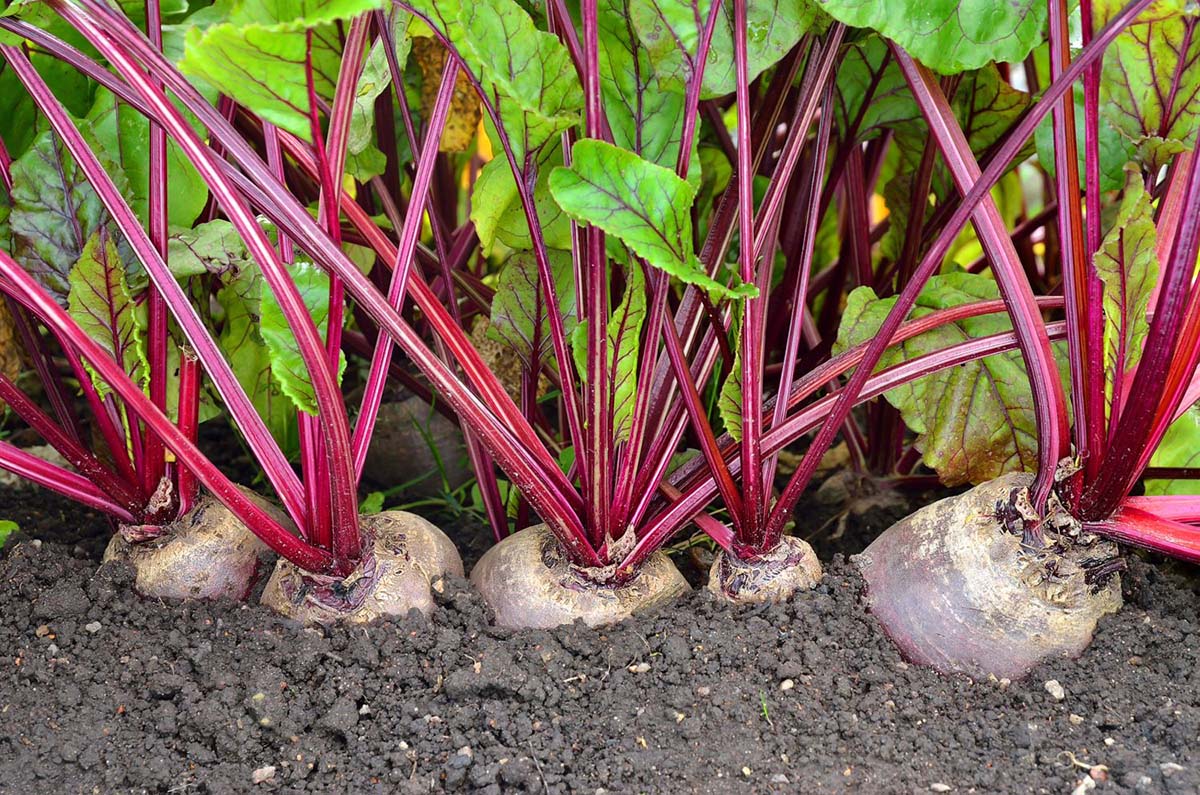

Garden Essentials
How Long Does It Take Beets To Germinate
Modified: March 15, 2024
Want to know how long it takes for beets to germinate in your garden? Find out the answer and get expert tips on successful beet germination.
(Many of the links in this article redirect to a specific reviewed product. Your purchase of these products through affiliate links helps to generate commission for Storables.com, at no extra cost. Learn more)
Introduction
Beets, scientifically known as Beta vulgaris, are popular root vegetables known for their vibrant color and health benefits. Whether you are starting your own vegetable garden or simply curious about the germination process of beets, understanding how long it takes for beets to germinate is essential.
The germination period refers to the time it takes for a seed to sprout and develop into a seedling. For beets, this process can vary depending on various factors such as temperature, moisture, soil quality, and seed viability. By optimizing these conditions, you can enhance the germination rate and speed up the process.
In this article, we will dive into the factors affecting beet germination, the optimal conditions for germination, average germination time for beets, and tips for faster germination. We will also address common problems and provide troubleshooting strategies to overcome potential germination issues. So, let’s get started and uncover the fascinating world of beet germination!
Key Takeaways:
- Beets take around 7 to 14 days to sprout, but factors like temperature and seed quality can affect germination time. Patience and proper care are key to successful beet seed growth.
- To speed up beet germination, try pre-soaking seeds, providing bottom heat, and using a seed starting mix. Be mindful of common issues like poor germination and damping-off, and troubleshoot as needed.
Factors Affecting Beet Germination
Several factors play a crucial role in the germination of beet seeds. Understanding these factors will help you create optimal conditions for successful germination. Let’s take a closer look at each of these factors:
- Temperature: Beets are cool-season crops that prefer temperatures between 50°F and 75°F (10°C and 24°C). Higher temperatures can inhibit germination, while colder temperatures can slow down or prevent germination altogether. It is important to maintain a consistent temperature range to promote successful germination.
- Moisture: Adequate moisture is essential for beet germination. The seeds need to be consistently moist, but not waterlogged, throughout the germination process. Dry conditions can hinder germination, while excessive moisture can lead to rotting or fungal diseases. It is crucial to provide sufficient water without overwatering the soil.
- Soil Quality: Beets thrive in well-draining soil that is rich in organic matter. Proper soil preparation is vital for successful germination. Loose soil allows the beet seeds to establish their roots easily and absorb nutrients. It is recommended to amend the soil with compost or organic matter to improve its texture and fertility.
- Seed Viability: The quality and age of the beet seeds can impact germination rates. Fresh, high-quality seeds have a higher rate of germination compared to old or low-quality seeds. It is advisable to purchase seeds from reputable sources or save seeds from healthy and vigorous beet plants to ensure optimal germination.
- Light: Beets are not particularly sensitive to light during germination. In fact, they can even germinate in complete darkness. However, providing some light can help guide the seedlings towards the surface and prevent them from becoming leggy or weak. If starting seeds indoors, you can provide indirect light to promote healthy growth.
By considering these factors and making necessary adjustments, you can create an ideal environment for beet seeds to germinate successfully. Next, let’s explore the optimal conditions required for beet germination.
Optimal Germination Conditions for Beets
To ensure the highest germination success rate for beets, it is important to provide the optimal conditions that meet the plant’s requirements. By following these guidelines, you can create an environment that promotes healthy germination and vigorous seedling development:
- Temperature: Beets prefer a temperature range of 50°F to 75°F (10°C to 24°C) for germination. It is best to sow beet seeds when the soil has warmed up to this range. You can use a soil thermometer to monitor the temperature and start sowing when conditions are optimal.
- Moisture: Moisture is crucial for successful germination. Before sowing the beet seeds, ensure that the soil is evenly moist. You can achieve this by watering the soil thoroughly a day or two before planting. Throughout the germination process, monitor the moisture levels regularly and water as needed to keep the soil consistently moist.
- Soil Preparation: Prepare the soil well before sowing beet seeds. Remove any weeds or debris and amend the soil with organic matter, such as compost or well-rotted manure, to improve its fertility and texture. Loosen the soil to a depth of around 6-8 inches (15-20 cm) to allow easy root penetration and seedling emergence.
- Sowing Depth: Beet seeds are relatively small and should be sown at a depth of about ½ inch (1.3 cm). Planting seeds too deep can result in delayed or unsuccessful germination. Gently cover the seeds with soil, firm it down lightly, and provide a light watering to settle the soil and ensure good seed-to-soil contact.
- Spacing: When sowing beet seeds, ensure proper spacing between each seed. Beets prefer to have some room for their roots to grow. Space the seeds around 1-2 inches (2.5-5 cm) apart. This will allow enough space for the beets to develop into healthy plants without competing for resources.
By providing the optimal temperature, moisture, soil quality, sowing depth, and spacing, you are setting the stage for successful beet germination. Understanding the average germination time for beets will also guide you in monitoring and caring for your germinating seeds, which we will explore next.
Average Germination Time for Beets
The average germination time for beet seeds is typically around 7 to 14 days. However, it is important to note that germination can vary based on various factors such as temperature, moisture, soil quality, and seed viability. Understanding the expected germination time will help you monitor the progress of your beet seeds and ensure they are developing as expected.
When planting beet seeds, it is a good practice to keep a record of the sowing date. This will help you track the progress and estimate when to expect germination. Remember that germination is not an instant process and requires patience. Some seeds may sprout earlier, while others may take a little longer.
During the germination period, it is crucial to maintain optimal conditions for the seeds, including consistent moisture and temperature. Keep the soil moist, but not waterlogged, to provide the necessary environment for germination. It is recommended to monitor the soil moisture regularly and water as needed to prevent it from drying out.
As the beet seeds germinate, you will begin to see the emergence of seedlings. These seedlings will develop their first set of true leaves, which can serve as an indication that germination has occurred successfully. Once the seedlings have established, you can start gradually reducing the frequency of watering, ensuring that the soil remains evenly moist but not overly saturated.
Remember that germination time can be influenced by external factors. Cooler temperatures can delay germination, while warmer temperatures can expedite the process. It is important to maintain the optimal temperature range mentioned earlier to ensure consistent and successful germination.
By understanding the average germination time for beets and being attentive to the specific needs of your seeds, you can provide the necessary care and attention to help them thrive. Next, we will explore some tips to promote faster germination and address common problems that may arise during the germination process.
Beet seeds typically germinate within 7 to 14 days when planted in well-drained soil with plenty of sunlight and kept consistently moist. Patience is key!
Tips for Faster Beet Germination
If you’re looking to expedite the germination process and get your beet seeds sprouting in no time, here are some tips to help promote faster germination:
- Pre-soak the Seeds: Consider pre-soaking the beet seeds before planting. Soaking the seeds for 24 hours in room temperature water can help soften the seed coat and encourage faster germination. Be sure to discard any floating or damaged seeds before planting.
- Scarify the Seeds: In addition to pre-soaking, you can also scarify the beet seeds. Gently nick the seed coat with a nail file or sandpaper to create tiny openings that will allow water to penetrate the seed more easily. This technique can accelerate the germination process and increase the seed’s ability to absorb moisture.
- Provide Bottom Heat: Beets thrive in warm soil, and providing bottom heat can help hasten germination. You can use a seedling heat mat or place your seed tray in a warm location, such as on top of a refrigerator or near a heating vent. Just be sure to monitor the temperature and avoid excessive heat, as it can be detrimental to germination.
- Use a Seed Starting Mix: Consider using a lightweight and well-draining seed starting mix when sowing beet seeds. These mixes are specifically formulated to provide an optimal environment for germination. They promote moisture retention while allowing for proper airflow, which can accelerate germination and prevent issues such as damping-off.
- Thin Out Seedlings: Once the beet seedlings emerge, thin them out to the recommended spacing mentioned earlier. Crowded seedlings can compete for resources and hinder growth. By providing adequate space between each seedling, you ensure that they have enough room to develop strong roots and access necessary nutrients.
- Protect from Frost: Beets are sensitive to frost, so if you’re starting seeds early in the season, be mindful of any potential frost events. Consider using protective measures like row covers or cloches to shield the seedlings from cold temperatures. This will prevent damage to the emerging beet seedlings and allow for uninterrupted growth.
By implementing these tips, you can help expedite the germination process and get your beet seeds off to a quick start. However, it’s important to note that germination time can still vary depending on individual seed and environmental factors. Patience and regular monitoring are key to ensuring the successful germination of your beets.
Next, we will address common problems that may arise during the germination process and provide troubleshooting strategies to overcome them.
Read more: How Long Does It Take Turnips To Germinate
Common Problems and Troubleshooting Germination Issues
While beet germination is generally a straightforward process, there are some common problems that may arise. Understanding these issues and knowing how to troubleshoot them can help you overcome any obstacles during the germination process. Let’s explore some of the most common problems and their solutions:
- Poor Germination: If you notice low germination rates or no germination at all, the problem could lie with the seed quality or environmental conditions. Ensure that you are using fresh, high-quality seeds from a reputable source. If the seeds are viable but have not germinated, review the conditions in which they are being grown. Check for proper moisture levels, temperature, and soil quality, and adjust as needed.
- Mold or Fungal Diseases: Excess moisture and poor airflow can lead to the growth of mold or fungal diseases on the seedlings or in the soil. To prevent this, make sure to provide adequate ventilation and avoid overwatering. Space the seeds appropriately to ensure proper airflow and consider using a fungicide if necessary.
- Damping-Off: Damping-off is a fungal disease that causes seedlings to wilt and die. It is commonly caused by overly wet or poorly drained soil. To prevent damping-off, ensure that the soil has good drainage, proper airflow, and avoid overwatering. If damping-off occurs, remove the affected seedlings promptly and improve the growing conditions to prevent further outbreaks.
- Pests: Beet seedlings can be susceptible to pests such as slugs, snails, and flea beetles. These pests can eat the young seedlings or cause significant damage. To protect your seedlings, consider using physical barriers, like row covers or copper tape, or apply organic pest control methods. Regularly check the plants for signs of pest activity and take appropriate action if necessary.
- Seedling Weakness: If your beet seedlings appear weak or leggy, they may not be receiving adequate light. Provide ample light by placing seedlings near a bright window or using fluorescent grow lights. Ensuring the proper light intensity and duration will help promote strong, healthy seedling growth.
By being aware of these common problems and their solutions, you can overcome potential obstacles and ensure the successful germination of your beet seeds. Remember that each gardening experience can be unique, and it may require some trial and error to achieve the best results. With careful attention and timely intervention, you can troubleshoot germination issues and set your beet seedlings on the path to healthy growth.
Now that we’ve discussed common problems and troubleshooting strategies, let’s conclude our article.
Conclusion
Understanding the germination process of beets is essential for successful cultivation. By considering the factors that affect germination, providing optimal conditions, and implementing tips for faster germination, you can ensure the healthy development of your beet seeds.
Factors like temperature, moisture, soil quality, seed viability, and light play crucial roles in the germination process. Maintaining an ideal range of temperature, providing adequate moisture without overwatering, preparing the soil properly, using high-quality seeds, and considering lighting conditions all contribute to successful germination.
On average, beet seeds take around 7 to 14 days to germinate. However, this duration can vary depending on various factors. Monitoring the progress of your seeds and providing the necessary care and attention will ensure that they are on track for healthy growth.
If you’re looking to expedite the germination process, you can try pre-soaking or scarifying the seeds, providing bottom heat, using a seed starting mix, thinning out seedlings, and protecting them from frost events. These tips can help promote faster germination and optimize the growth of your beet seeds.
While germination can be a smooth process, it’s important to be aware of common problems that may arise, such as poor germination, mold or fungal diseases, damping-off, pests, and weak seedlings. Troubleshooting strategies, such as improving environmental conditions, practicing good sanitation, and implementing pest control measures, can help overcome these issues and ensure the success of your germination efforts.
In conclusion, successful beet germination requires careful attention to various factors, from providing optimal conditions and following tips for faster germination to troubleshooting common problems. By applying this knowledge, you are well-equipped to embark on your journey of growing healthy and vibrant beets in your garden.
Happy gardening and may your beet seeds sprout and thrive!
Frequently Asked Questions about How Long Does It Take Beets To Germinate
Was this page helpful?
At Storables.com, we guarantee accurate and reliable information. Our content, validated by Expert Board Contributors, is crafted following stringent Editorial Policies. We're committed to providing you with well-researched, expert-backed insights for all your informational needs.

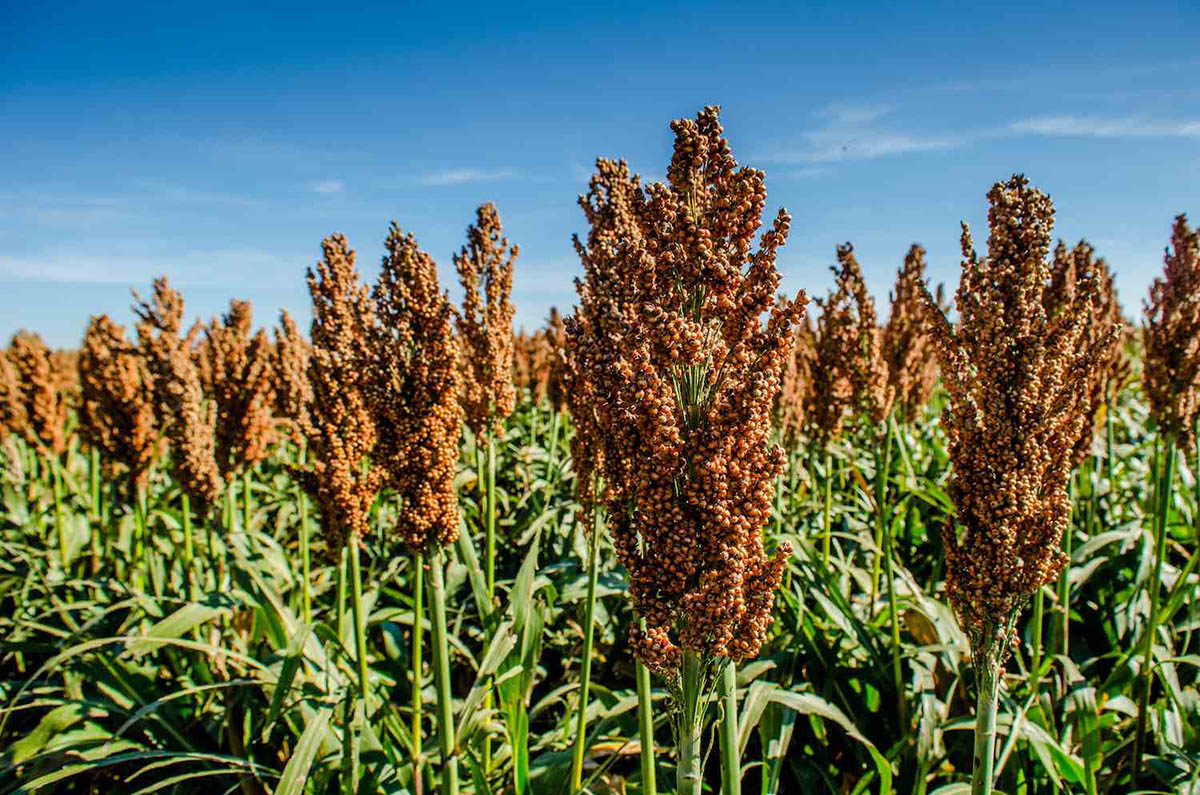
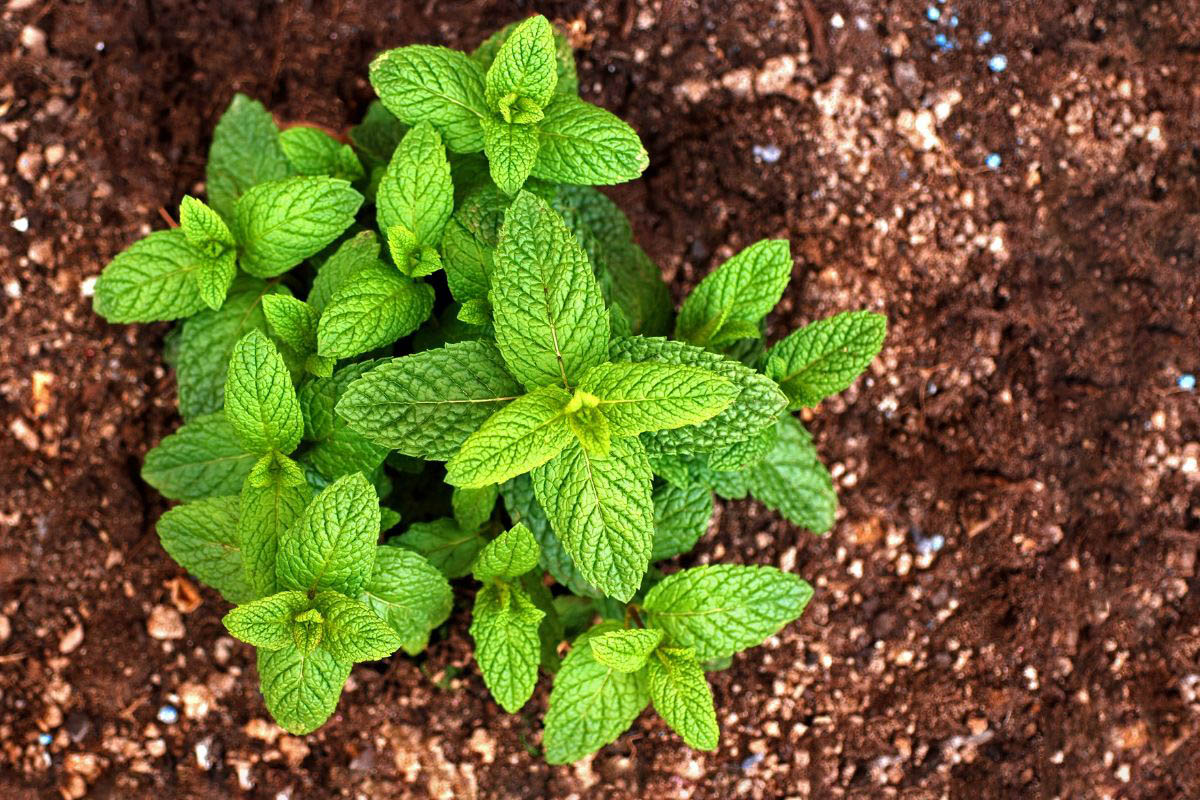

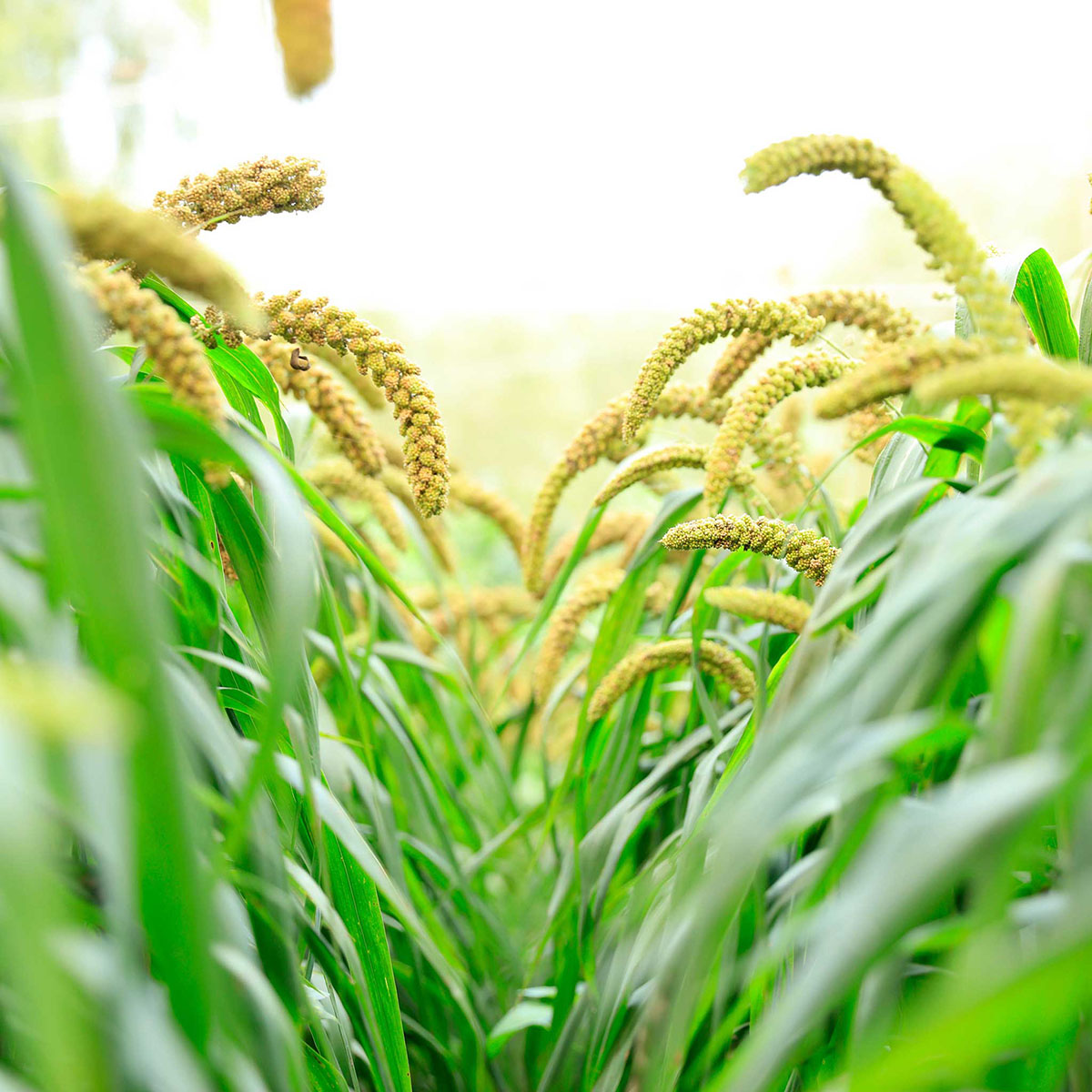
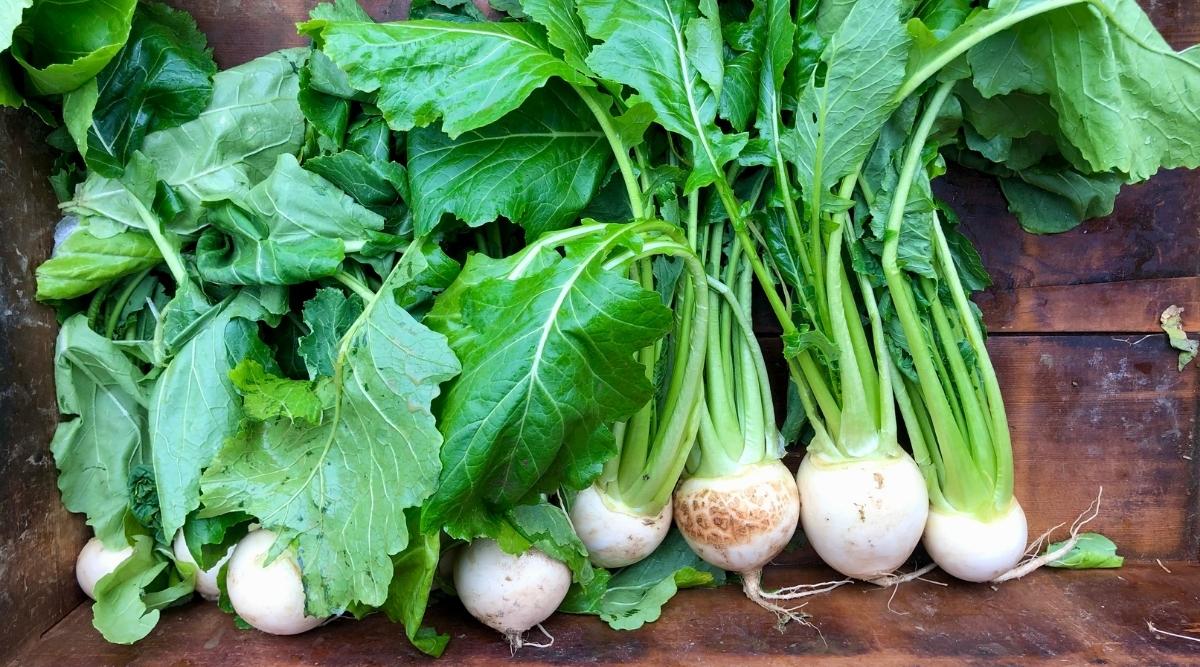
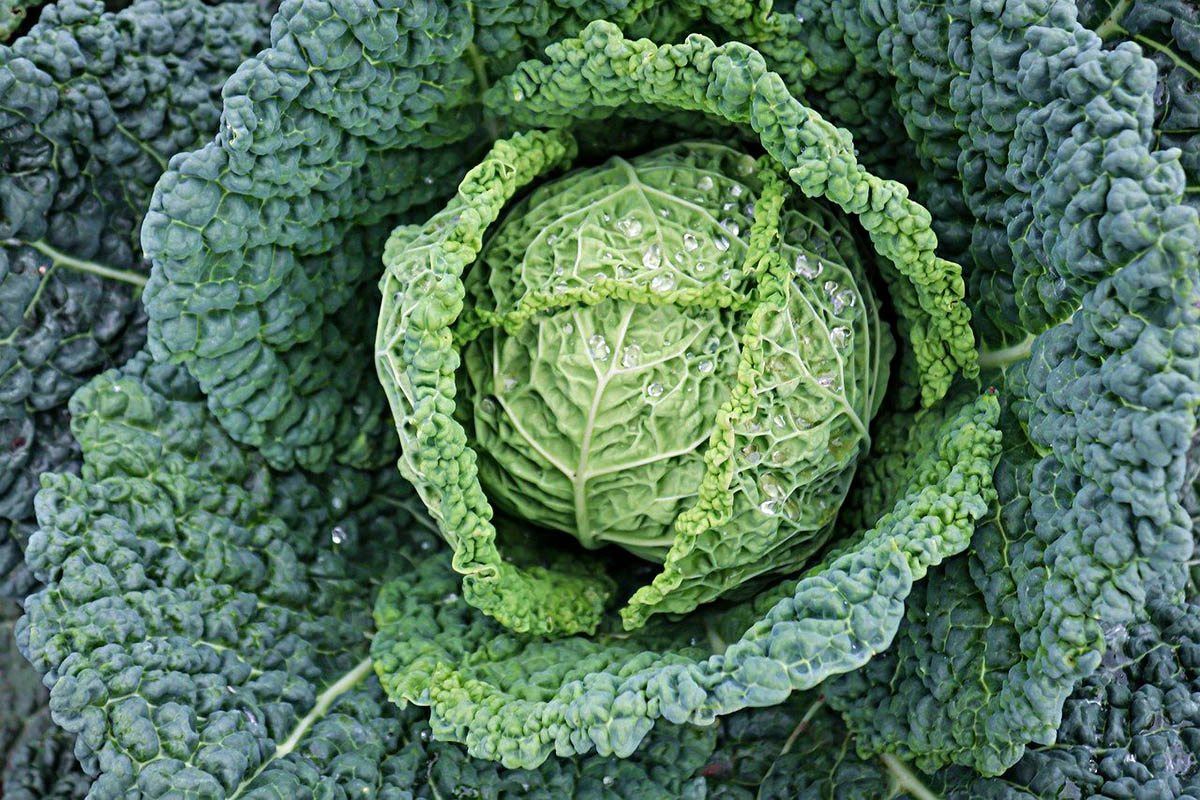
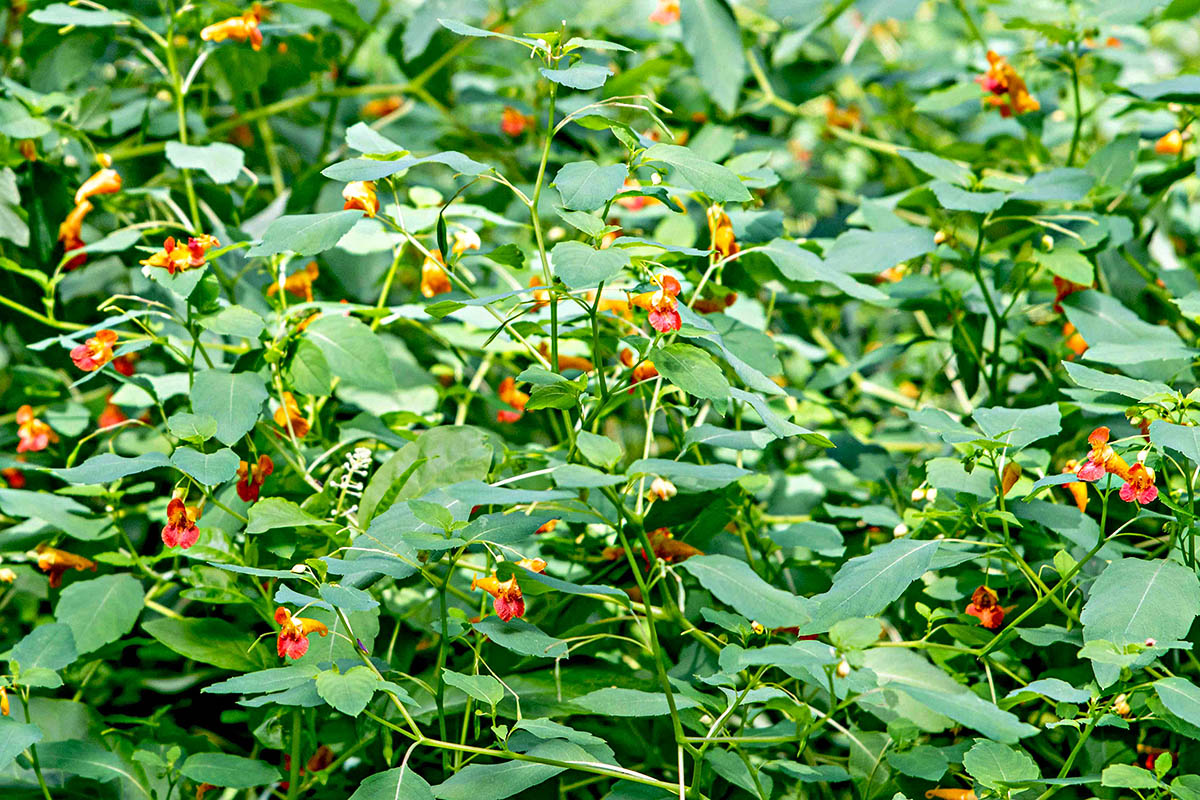
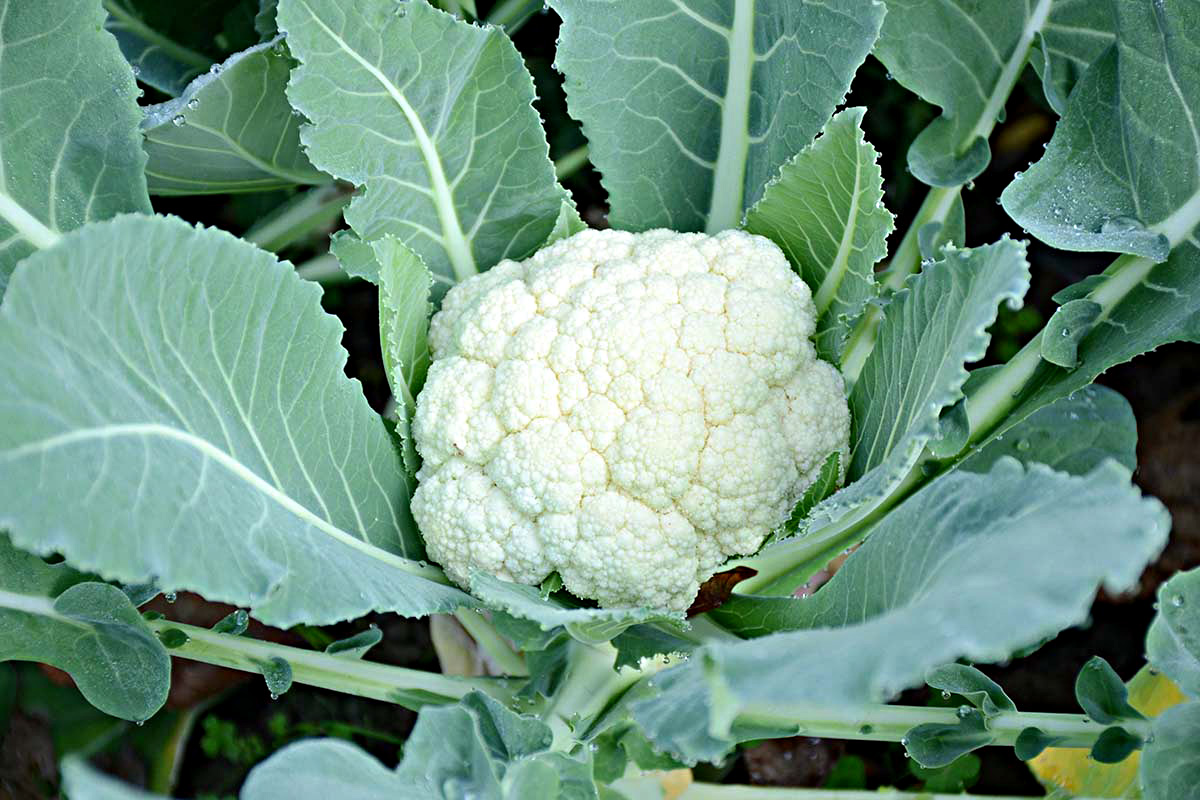
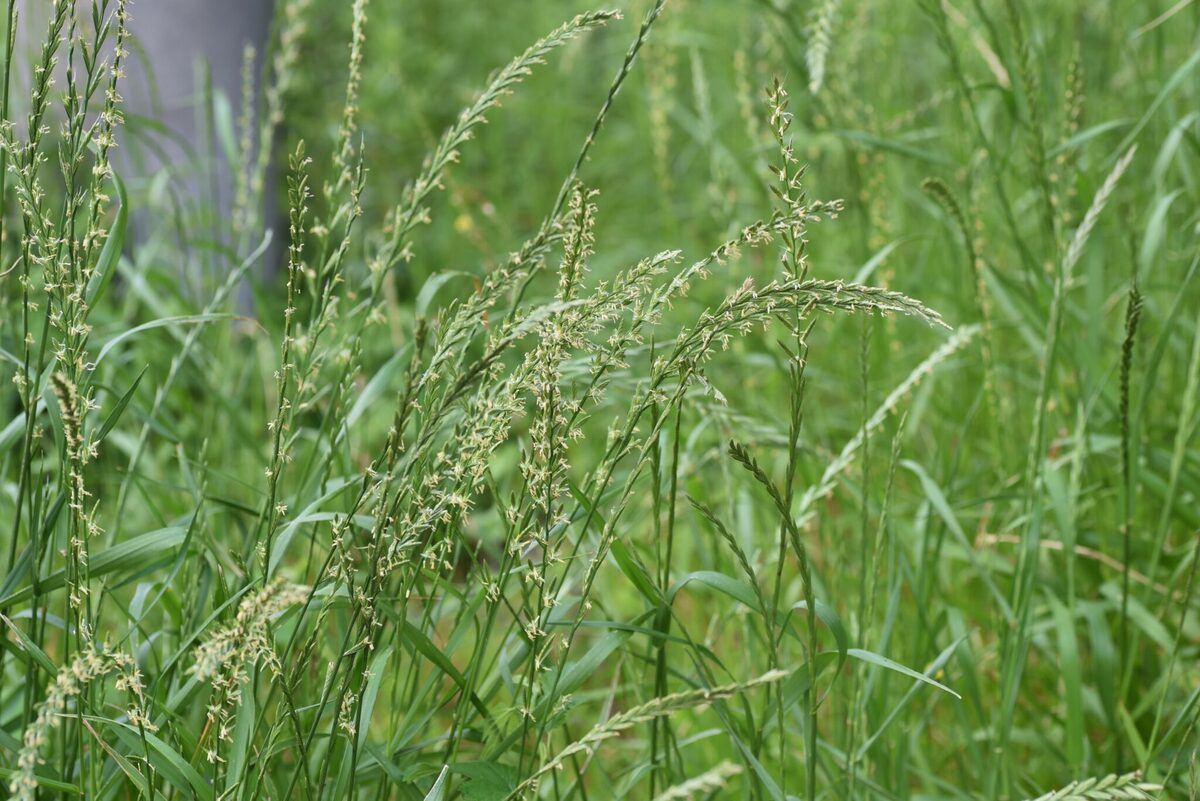
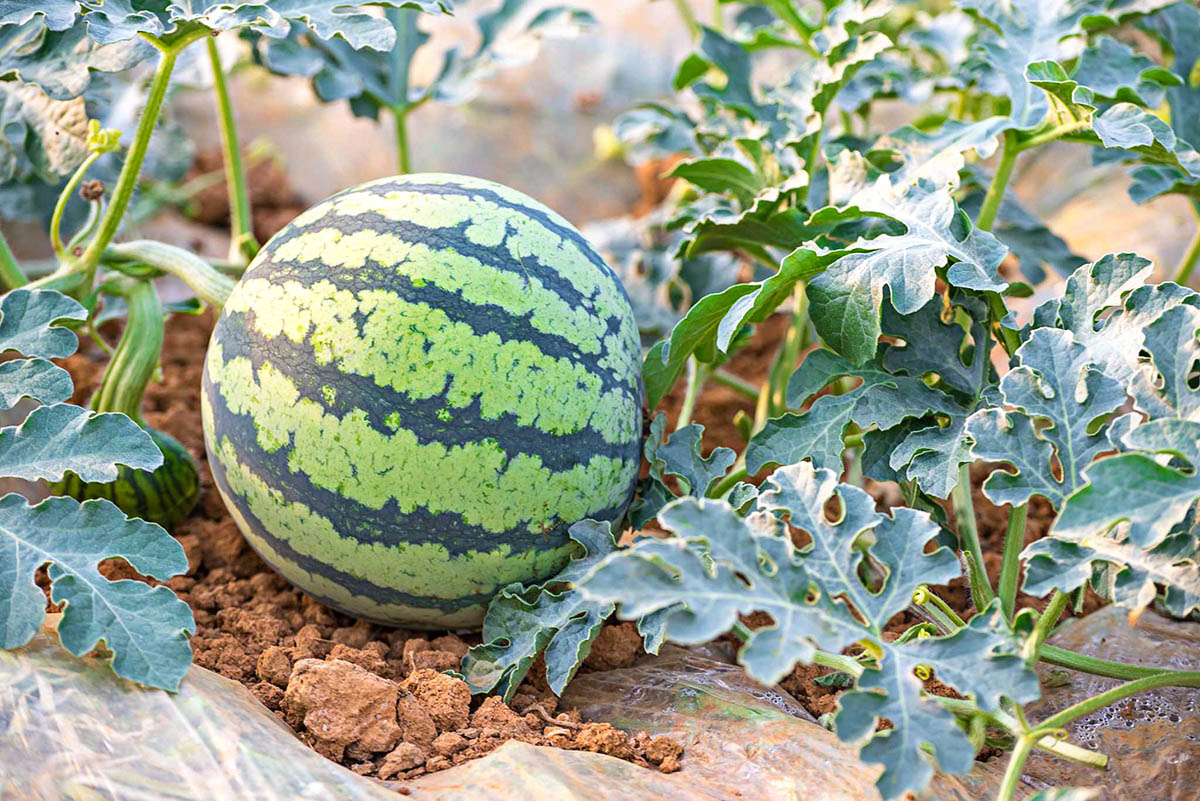

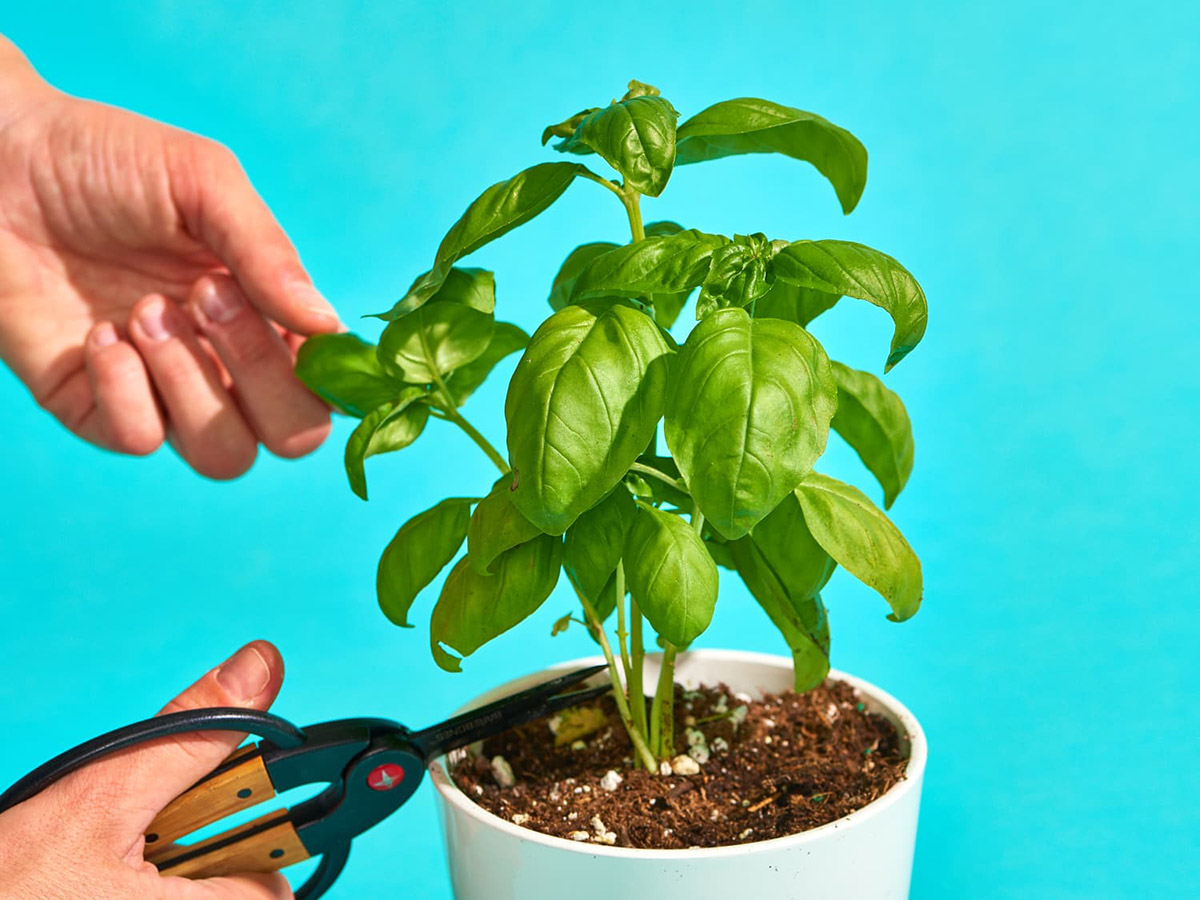


0 thoughts on “How Long Does It Take Beets To Germinate”